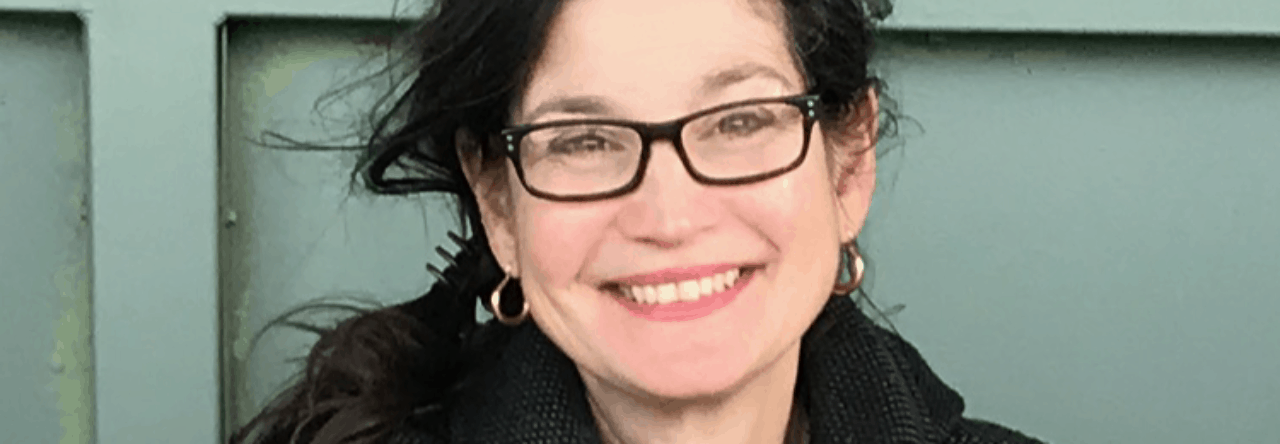Still Waters…
Walking with her mother, Elly Varrenti reflects upon family and loss.
I wait for my mother in our usual place at the Botanical Gardens. There’s a lake and ducks, a kids’ playground, oaks and elms.
My 82-year-old mother and I meet most mornings for a half-hour walk. She usually sets the pace, although sometimes we do get out of sync. Once I was so excited telling her about my latest relationship disaster our walking got faster and faster.
“Can you believe he actually said that, Mum? I mean can you believe it?”
“Slow down! I’ll have a heart attack if we keep up this pace. He’s not worth losing your mother over, is he?”
And there was that time we had to stop walking altogether because we were laughing about those pictures of Treasurer Joe Hockey sucking on a fat cigar shortly before he announced the budget cuts.
“Come on,” she said. “Hurry up before it rains.”
This morning I watch as Mum manoeuvres her small silver car up to the curb, and when she gets out I notice she is wearing a new brown felt hat.
“Very becoming, Mum.”
“Got it from Vinnies. You should go there. Stop wasting your money.”
“They got any nice jumpers?” My 12-year-old son is as tall as I am now.
“They’ve got everything. Good quality, too.
“Okay. I’ll go today.”
“The leaves are all wet on this path,” Mum says. “I can’t afford to fall over again.”
“You can hold on to my arm if that helps,” I suggest.
“No, thanks. I’m not a complete geriatric yet.”
My mother doesn’t like me writing about her because she always comes across as tough and pragmatic.
“I feel things, too, you know. Just because I don’t talk about everything.”
I routinely defend my right to tell the truth as I see it, and she remains suspicious of my need to share.
“It’s indecent the way your generation just lets it all hang out,” she says.
I’m just fiercely grateful she’s still around to talk books and politics, cooking and kids, and to argue about all the rest of it.
These days I watch her rearing her late-daughter’s five-year-old son, and I can sense in my mother’s small body the quiet agony of grief. It’s not toughness I see, but long-learned self-protectiveness. For people like Mum, exposing one’s vulnerability, asking for help, is not so easily done.
***
My sister took her own life four years ago.
Took her own life. Somehow it doesn’t sound as shocking as ‘suicide’.
There were those who suggested Mum have my sister’s baby fostered. “Never!” Mum said. “I’ll look after him. It’s not a choice.”
Mine is a political family legacy. Single-minded commitment goes way back. Both my parents were ‘Persons of Interest’ to ASIO during the 1950s, and Mum’s Italian migrant parents were dogged if not disorganised anti-fascists.
My sister, fired with the same Bolshie gene, was an activist from her early teens. Later on, during her medical training, she pursued life with the sharp and scary focus of a revolutionary, travelling and volunteering in Chile, Nicaragua and, later, East Timor.
Her son has his father’s eyes, his grandmother’s empathy and his mother’s mischievous intellect. And her mouth. He definitely has my sister’s mouth.
On weekends my nephew stays with his dad, an Iraqi Kurd who spent five years in detention before my sister managed to help get him out. He is now an Australian citizen and has little to do with his countrymen. The post-traumatic stress disorder has made sure he is not very sociable. He is politely suspicious of the world and has never missed a weekend with his son. Not once in four years.
Mental illness is not like in the movies. It’s not like in The United States of Tara or Girl, Interrupted or Silver Linings Playbook. In real life, severe mental illness is not fun or zany or interesting or sexy.
In real life, my mother cared for her deteriorating daughter without conditions or limitations. I did what I could, responded to the calls at all hours and was at her hospital bed after her first two attempts. But, mostly, I watched on helplessly as Mum did battle for her gifted, troubled daughter.
I hated how much our lives had become all about my sister’s illness. I hated her illness. I did not fulfil my role of the unconditionally supportive big sister. I tried, but often I failed. I missed her. I wanted her back the way she used to be.
***
“How long have we been walking?” I ask Mum.
“It hasn’t even been 20 minutes yet.”
“The lake looks beautiful, doesn’t it?” I say. “All misty.”
“It does. Like from a children’s fairytale.”
It’s my mother’s patience, her gentle guidance and a teacher’s attention to the minutiae of her grandson’s development that strikes me when I am with them. She can’t play ball with him, but she can read and talk to him and she can fret about his monkish diet of rice, cucumber and mandarins. She can painstakingly connect the lines from one generation to the next.
Since her daughter’s death, my mother has changed. Everything is different now. Mum hates getting old and is worried about what will happen to her grandson when she dies.
“I just want to hang in there until he’s seven. Like the Jesuits say, give me the child until he is seven et cetera.”
In that small child we see all that we have lost, but all that we have found, too. And it is beautiful. My late sister’s child is beautiful.
“We’ve walked for half an hour, Mum. You want to go have coffee or something?”
“Not yet,” she says. “Let’s go around the lake just one more time.”
